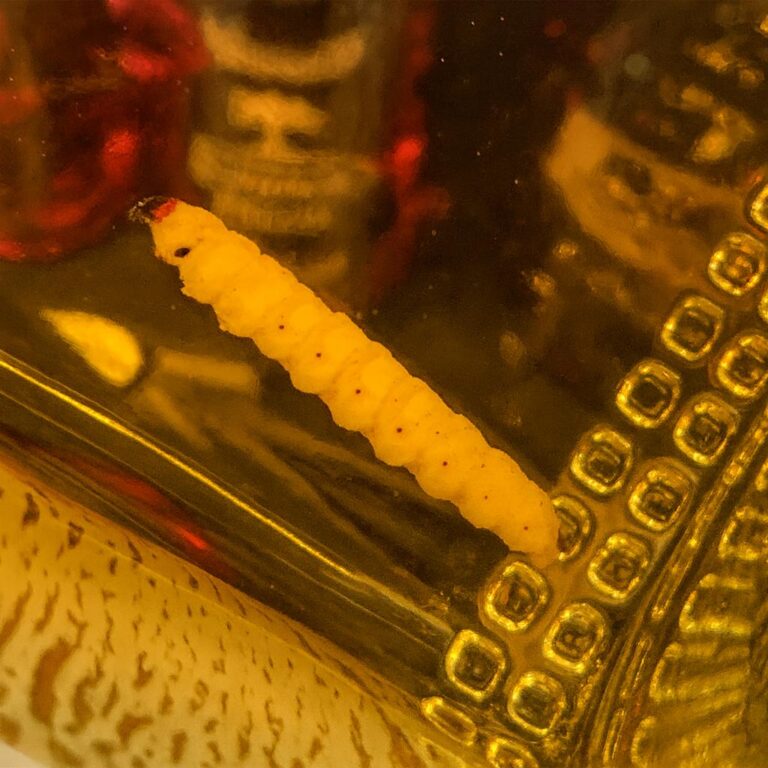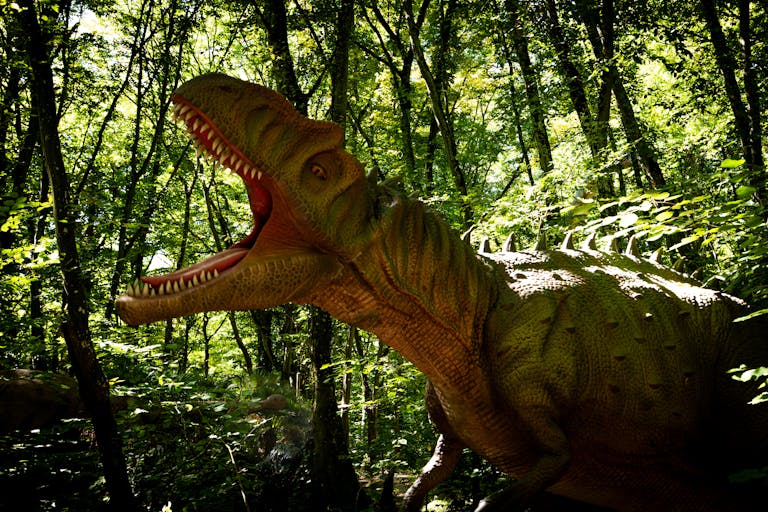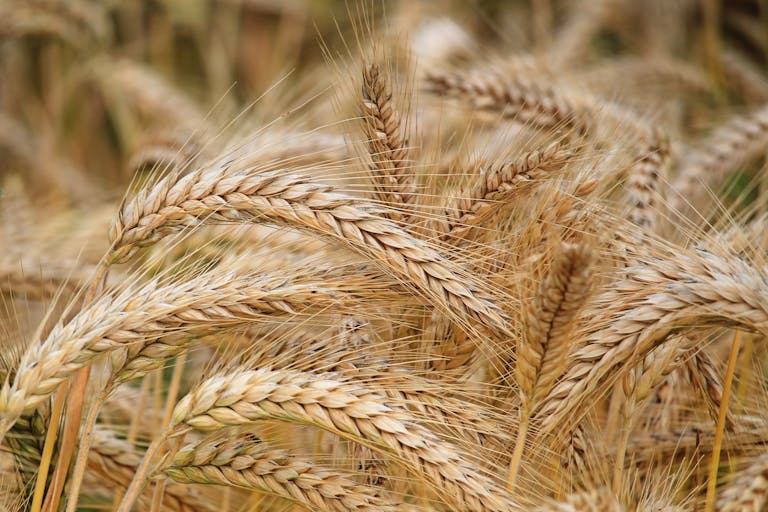Dementia-Like Clues Found in Pre-Cancerous Cells and What This Could Mean for Pancreatic Cancer
Here’s something fascinating – and a little surprising. Scientists have discovered that pancreatic cells on the verge of becoming cancerous can start behaving like brain cells affected by dementia. Yep, you read that right. Cells in two completely different parts of the body, tied together by one unusual similarity: they both form toxic protein clumps when their recycling system fails.
This research, published in Developmental Cell, could be a game-changer in how we think about one of the toughest cancers out there: pancreatic cancer.
How Did Scientists Make This Discovery?
The study was led by researchers at the Cancer Research UK Scotland Centre, who tracked pancreatic cells in mice over time. They wanted to know: why do healthy pancreatic cells suddenly turn into dangerous, cancerous ones?
What they found is both unexpected and revealing. Pre-cancerous cells seemed to have trouble with autophagy – that’s the body’s built-in recycling system, which breaks down and reuses unnecessary cellular components. Without this tidy-up process, the cells started to accumulate “problem proteins” that clumped together.
Sound familiar? That’s exactly what happens in dementia-related diseases, like Alzheimer’s. Even more striking, when researchers checked human pancreatic tissue, they saw the same kind of clumping happening there too.
Why Pancreatic Cancer Is So Hard to Beat
Now, if you’re wondering why this matters, here’s the bigger picture. Unlike many other cancers, pancreatic cancer survival rates have barely improved in recent decades. One of the main reasons? It’s usually detected late, when treatment options are few and far between.
In the UK alone, about 10,500 people are diagnosed every year, and sadly, it’s responsible for around 6,900 deaths annually. Clearly, understanding the earliest steps in how this cancer develops is crucial.
Genes Aren’t the Whole Story
You may have heard of the KRAS gene, which is a well-known troublemaker linked to several cancers, including pancreatic. Mutations in KRAS definitely play a role, but scientists are learning that genes alone don’t explain everything.
That’s where autophagy comes in again. Normally, this recycling system is particularly important in the pancreas because the organ is constantly producing digestive proteins and hormones. Without a way to balance out the excess, cells get overwhelmed.
Here’s the twist: in some cases, cancer cells actually hijack autophagy to fuel their growth, becoming almost “addicted” to it. But in this new research, the opposite seems to be true. Faulty autophagy, combined with a KRAS mutation, may actually help kickstart the cancer process in the first place.
Learning From Dementia Research
One of the most exciting aspects of this discovery is the potential crossover between dementia research and cancer research. If protein clumping is a shared problem, then treatments being studied for dementia might also offer clues for tackling pancreatic cancer.
As Professor Simon Wilkinson, one of the lead researchers, put it: this early-stage work suggests we can “learn from research into other diseases where we see protein clumping, such as dementia, to better understand this aggressive type of cancer and how to prevent it.”
What’s Next?
The team plans to dig deeper into how these processes unfold, and whether factors like age, sex, or even diet influence them. If scientists can figure out how to predict or even reverse the earliest stages of pancreatic cancer, it could make a huge difference in outcomes.
Dr. Iain Foulkes, Executive Director of Research and Innovation at Cancer Research UK, emphasized just how big this could be: “While further work is needed, these findings could provide vital clues into how we can better understand how pancreatic cancer develops.”
Why This Matters
Pancreatic cancer is notoriously tough to fight. But every new clue – like this unexpected dementia-like behavior in pre-cancerous cells – gives researchers one more angle to explore. It’s almost like solving a giant puzzle: sometimes the missing piece comes from a completely different picture.
And who knows? By connecting the dots between brain health and cancer biology, we might unlock new strategies that save lives in ways no one expected.





